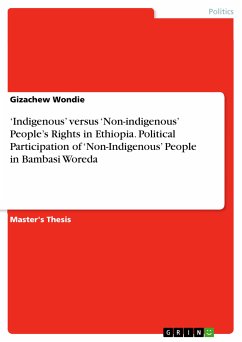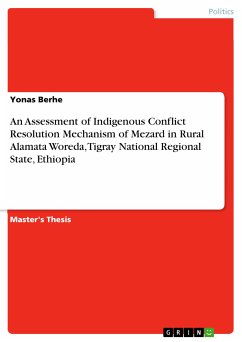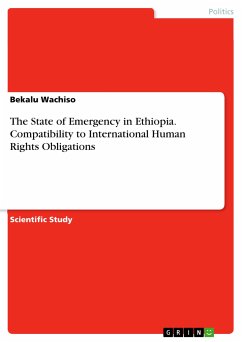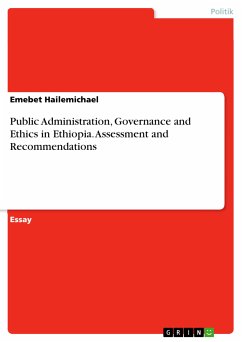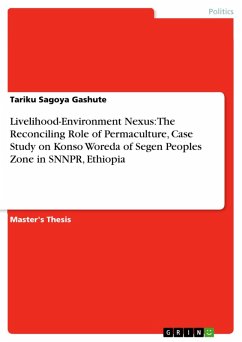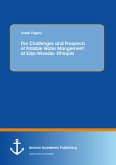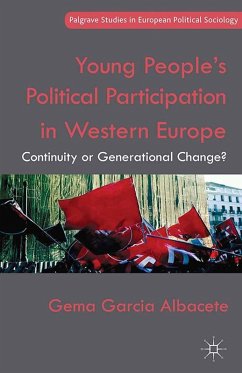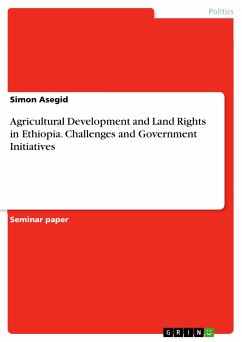Master's Thesis from the year 2015 in the subject Politics - Topic: Public International Law and Human Rights, grade: Excelent, Addis Ababa University (College of Law and Governance), course: Human Rights, language: English, abstract: The right to political participation, as stated under the UDHR and ICCPR, is a basic right of human beings that influence the inter-relation and interaction of human beings. Ethiopia, as signatory of these international human right instruments, the FDRE constitution stipulates the right to political participation right of all Nation, Nationalities and People of the country without any discrimination. However, regional states, like Benishangul-Gumuz, had face serious criticism that 'non-indigenous' people are face serious problem in the enjoyment of their right to political participation. This research has aimed to assess the political participation of 'non-indigenous' people of Benishangul-Gumuz Regional State in a case study of Bambasi Woreda. It looks and measures the participation of 'non-indigenous' people in public decision making and assess the 'indigenous' vs. 'non-indigenous' composition of institutions of Bambasi Woreda's administration and normative instruments for the accommodation and consideration of the right to political participation of 'non-indigenous' people. In investigating reliable data, the researcher utilizes the qualitative research approaches unstructured in-depth interview, key informant interview and field observation as data collection instruments, in combination with different documents and articles. As findings of the study reveal, the right to political participation has been shortened by normative and institutional constraints that range from the federal up to the Kebele administration level. Hence, it is highly recommended that there must be a structural change that helps to establish an inclusive normative and administrative institution which ranges from the reconsideration of 'non-indigenous people up to a constitutional amendment and complete re-institutionalization of the administration.
Dieser Download kann aus rechtlichen Gründen nur mit Rechnungsadresse in A, B, BG, CY, CZ, D, DK, EW, E, FIN, F, GR, HR, H, IRL, I, LT, L, LR, M, NL, PL, P, R, S, SLO, SK ausgeliefert werden.

